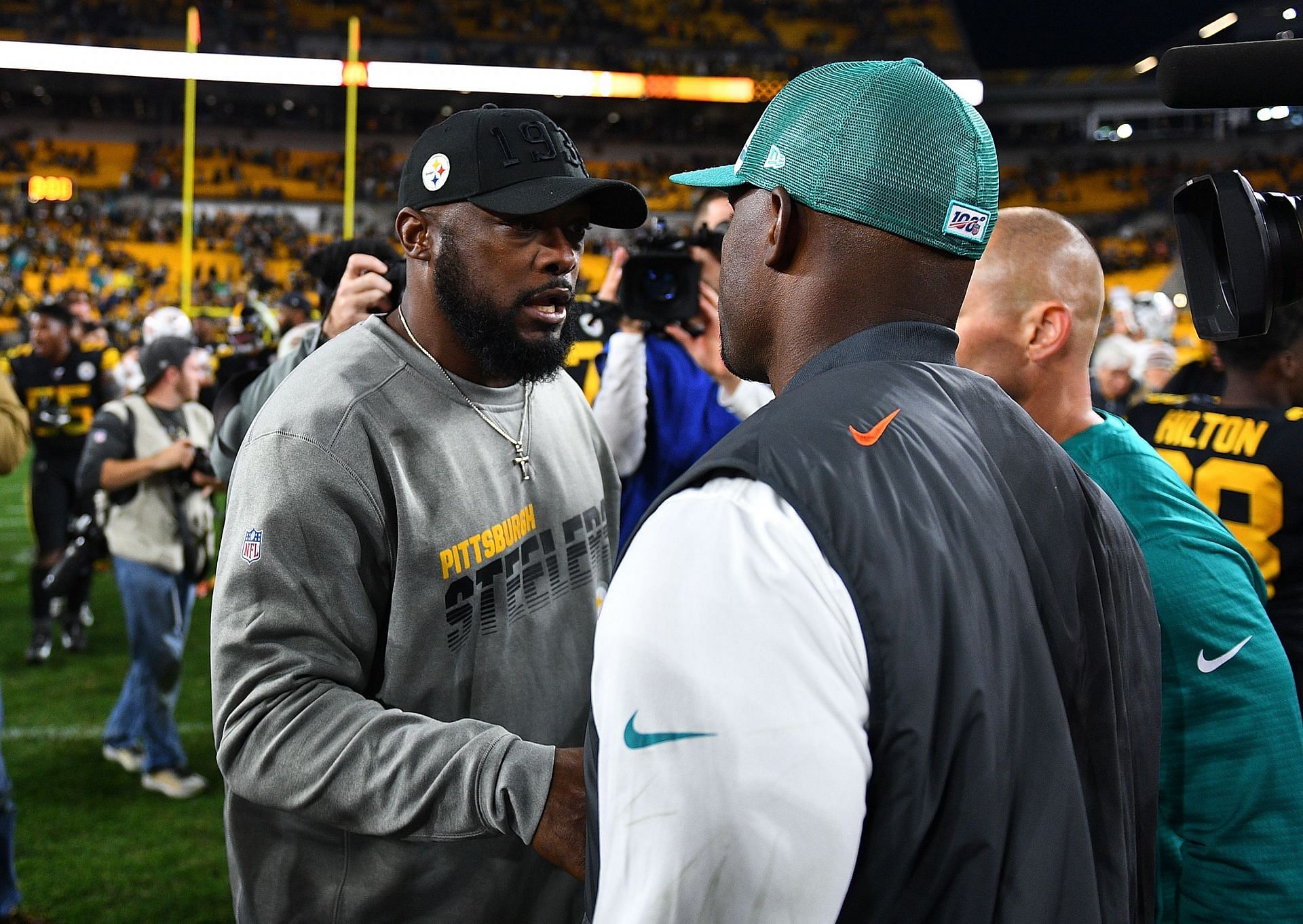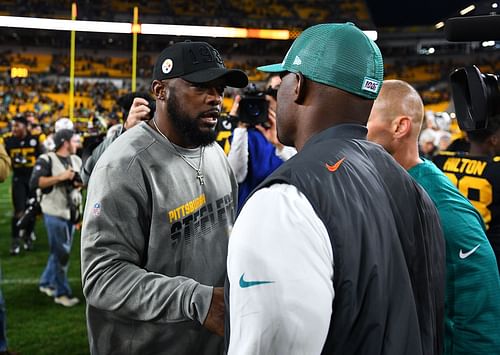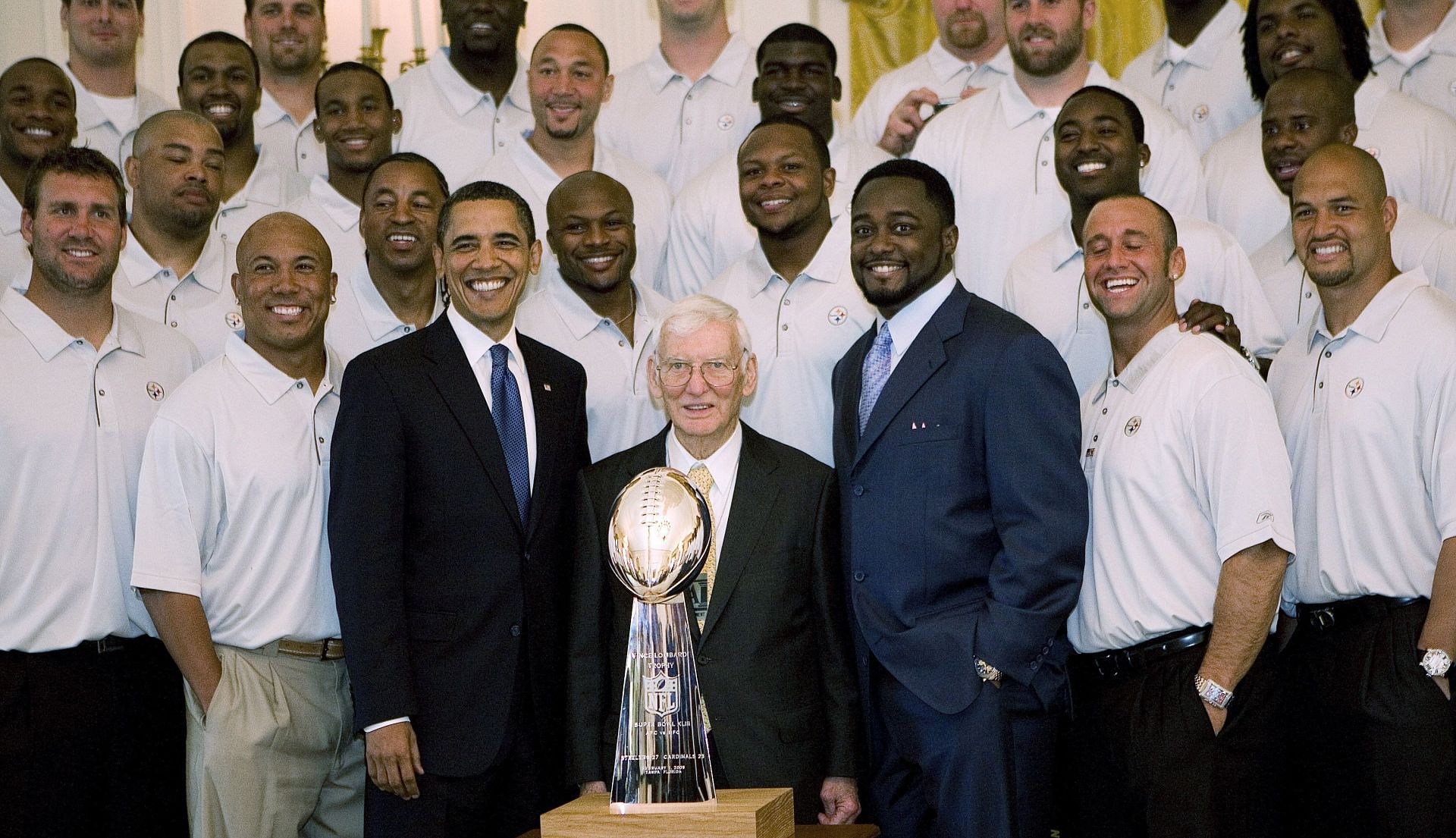
Has the Rooney Rule done much in bringing diversity to the NFL?

The Rooney Rule was instituted to increase the diversity of coaching hires in the NFL. Coming into force in 2003, it was brought in as a response to the firings of Tony Dungy and Dennis Green from the Tampa Bay Buccaneers and Minnesota Vikings, respectively.
When it came into fruition, the only two black head coaches were Tony Dungy, who had since moved to the Indianapolis Colts, and Herman Edwards, who was coaching the New York Jets.
Right now, at the conclusion of the 2021 season, there is only one black head coach left in the league: Mike Tomlin of the Pittsburgh Steelers.
If two decades on from the institution of the Rooney Rule, there are fewer black coaches in the NFL than then, one must take another look at its purpose.
Has the Rooney Rule outlived its usefulness?

The Rooney Rule was named after Dan Rooney, then the chairman of the league's diversity committee. The rule stipulates that each head coaching hire must include in-person interviews with at least one minority candidate.
But as has been pointed out by Brian Flores' lawsuit against the NFL, black coaches are often interviewed and then passed over in favor of less qualified white head coaches.
In his case, he has invoked the recent situation where former Buffalo Bills offensive coordinator Brian Daboll was hired ahead of him despite never having held an NFL head coaching job before.
According to Flores, Daboll was also reportedly given the head coaching position with the New York Giants days before he was interviewed for the position. He felt as if his interview with the team was a sham influenced by the Rooney Rule.
He also mentions being treated unfairly by the Denver Broncos.
If the Rooney Rule has become just a facade where teams give lip service to diversity and then choose their favored coach instead, then the purpose of the rule is not being served.
Hence, we can say based on both results and process that the Rooney Rule has failed in its purpose.
Therefore, one must look at finding new and innovative ways to replace it, since criticizing it is easy but finding a replacement is hard. Any kind of forced hire will not work since it will take away the freedom of teams to choose the coach they like.
The NFL is now mandating in-person interviews with external minority candidates in upcoming seasons, but that change also seems more cosmetic than substantial.
A newer, updated version of the Rooney Rule might look at interviewing one black or minority coach for each white candidate interviewed. In fact, considering that the NFL is 70% black in terms of players, one could look at a split of two minority coaches for every white coach interviewed to be fair to that ratio and give former black players an equal chance.
All of these are random thoughts that require discussion before any finalization. But when it becomes clear that a rule is failing, it is time to update it, for which the conversation must begin now.
